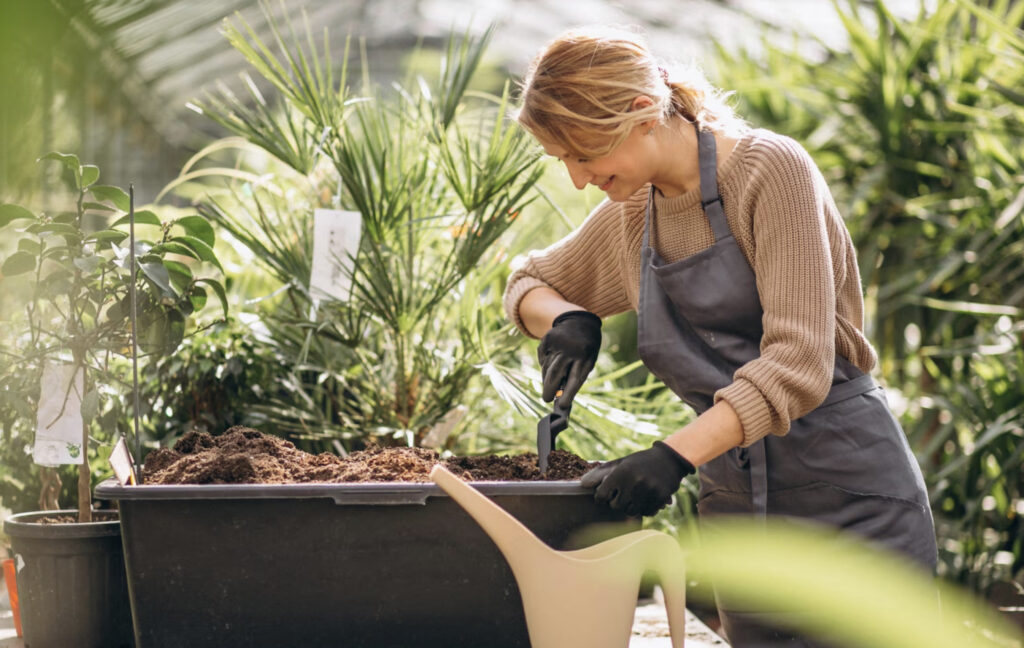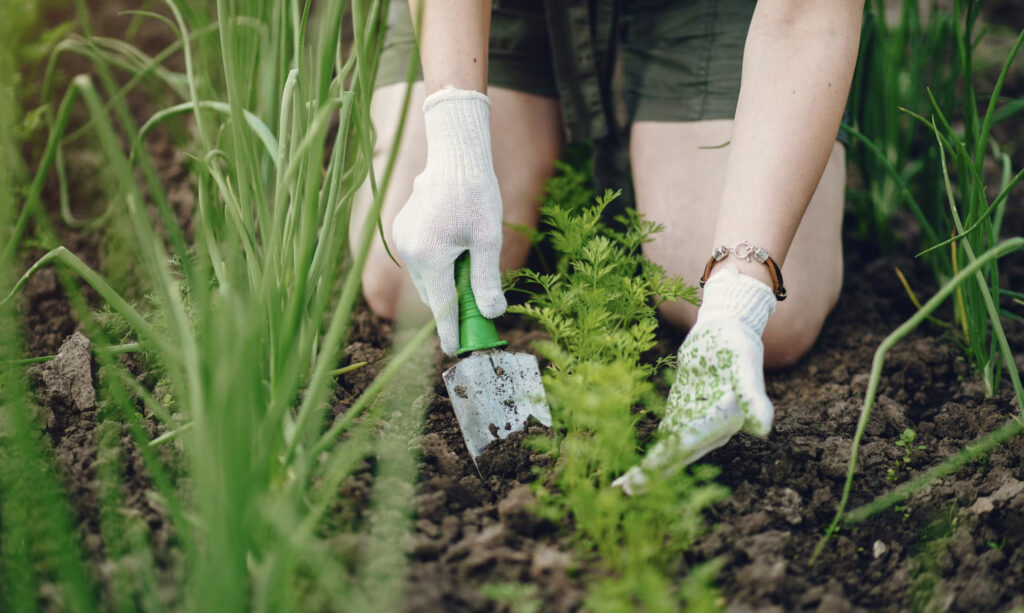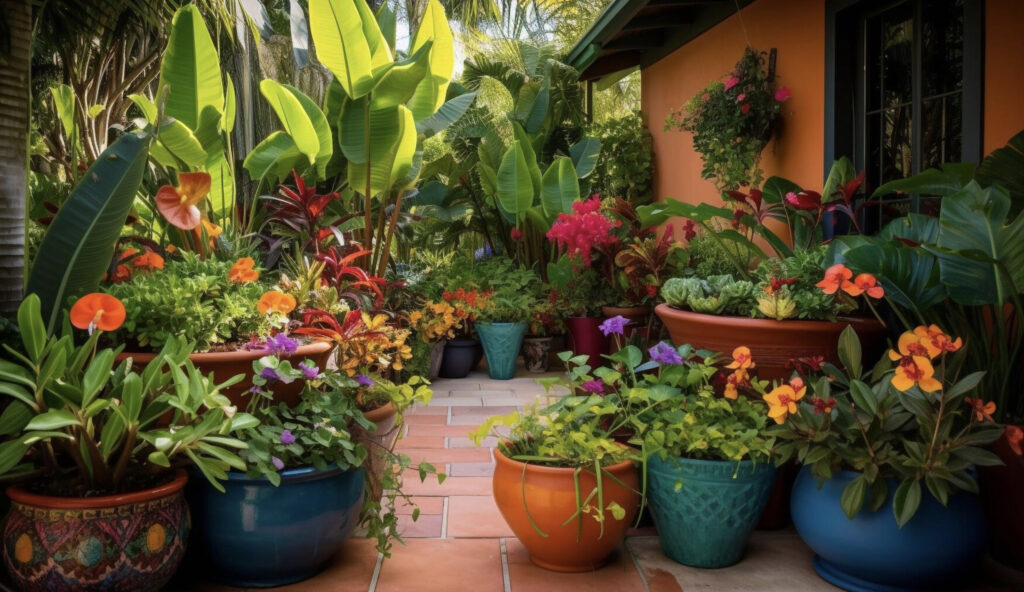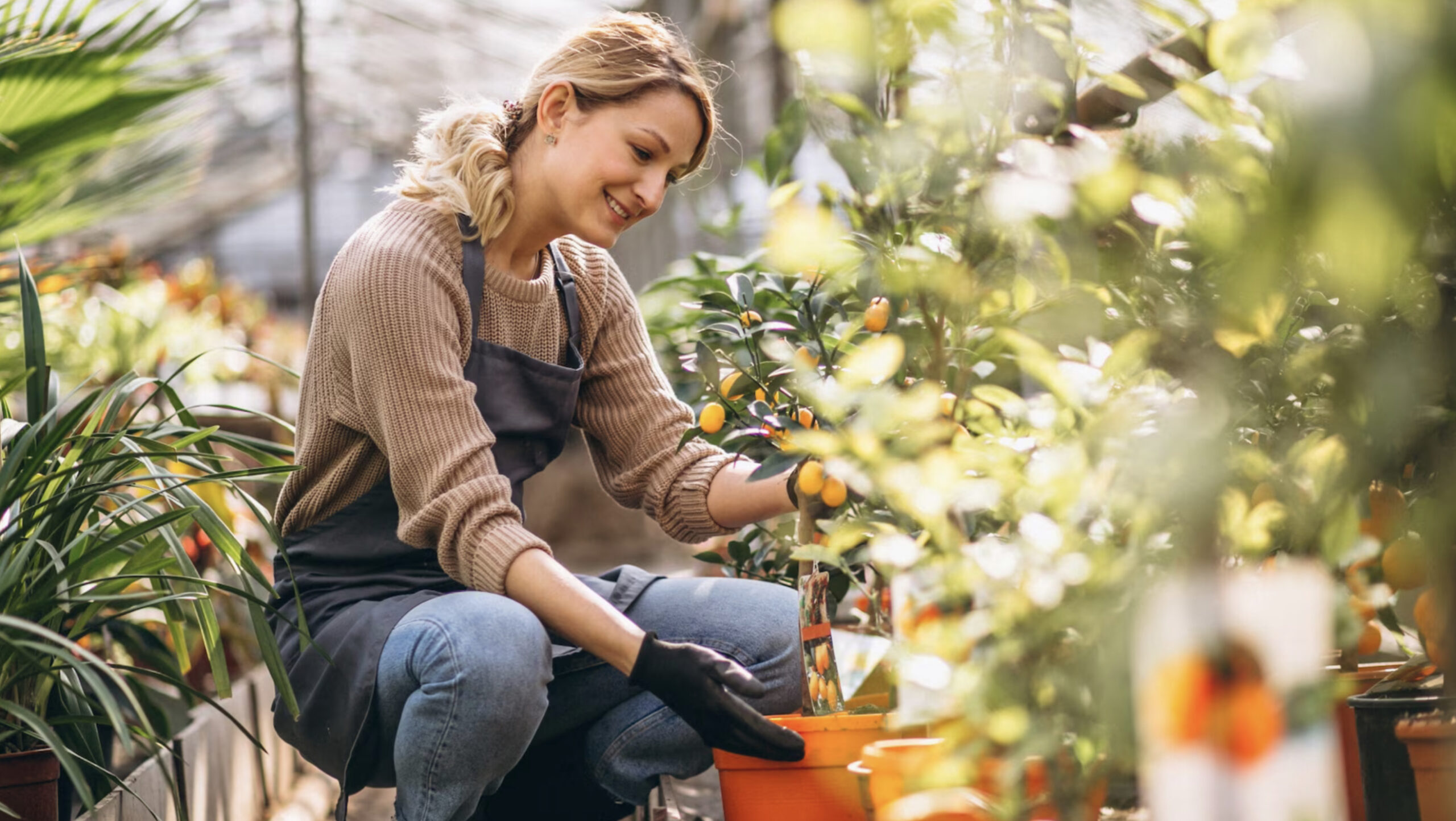In a world increasingly mindful of ecological footprints, sustainable gardening is crucial. Beyond nurturing vibrant landscapes, sustainable gardening embodies a commitment to preserving the environment. This article delves into the significance of sustainability in gardening, unveils eco-friendly techniques, and offers practical tips for creating an environmentally conscious garden. Discover how to transform your gardening space into a haven of green harmony.
Importance of Sustainability in Gardening:
Sustainable gardening transcends aesthetics and fosters a delicate balance between nature and human intervention. By prioritizing sustainable practices, gardeners can conserve water, protect native ecosystems, and minimize the use of harmful chemicals. Such efforts contribute to the overall well-being of the planet, making sustainable gardening an ethical responsibility.

Eco-Friendly Gardening Techniques:
Embracing eco-friendly techniques is at the heart of sustainable gardening. Implement composting to reduce waste and enrich soil fertility naturally. Opt for native plants, as they require minimal water and provide habitat for local wildlife. Integrated Pest Management (IPM) techniques reduce the need for chemical pesticides, while companion planting encourages natural pest control. These methods harmonize gardening with the environment.

Creating an Environmentally Conscious Garden:
Crafting an environmentally conscious garden begins with thoughtful planning. Design your garden to capture rainwater, reducing the need for irrigation. Choose porous surfaces to prevent runoff and erosion. Incorporate wildlife-friendly elements like bird baths, bee-friendly flowers, and butterfly plants. Your garden becomes essential to the local ecosystem by providing habitats for pollinators and animals.
Mindful Water Conservation:
Water scarcity is a global concern, making water-conscious gardening imperative. Employ drip irrigation systems to deliver water directly to plant roots, minimizing wastage. Utilize mulch to retain soil moisture and prevent evaporation. Collect rainwater in barrels for irrigation, and group plants with similar water needs to avoid overwatering. These practices not only conserve water but also nurture resilient plants.

Reducing Carbon Footprint:
Sustainable gardening extends its impact to carbon reduction. Minimize machinery usage, such as lawnmowers, to reduce greenhouse gas emissions. Instead, opt for manual tools or electric alternatives. Choose locally sourced materials for garden structures and prioritize repurposing and recycling. By reducing your garden’s carbon footprint, you contribute to a healthier environment.
Sustainable gardening isn’t just a trend; it’s a commitment to harmonizing human intervention with nature’s rhythms. Through eco-friendly techniques, water conservation, and conscious choices, your garden becomes a sanctuary of ecological balance. As you create an environmentally aware garden, you enjoy the benefits of a lush landscape and actively preserve the planet for generations. Embrace sustainable gardening as a path towards green harmony and a brighter future.


